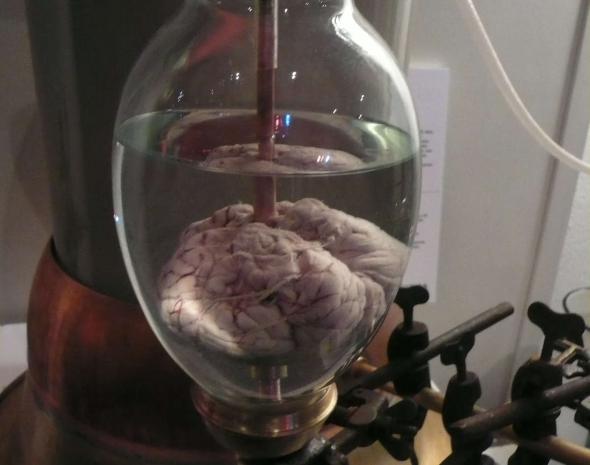
Breaking News
 Defending Against Strained Grids, Army To Power US Bases With Micro-Nuke Reactors
Defending Against Strained Grids, Army To Power US Bases With Micro-Nuke Reactors
 Pavel Durov: We're 'Running Out Of Time To Save The Free Internet'
Pavel Durov: We're 'Running Out Of Time To Save The Free Internet'
 Involving Children in Emergency Preparedness, by A.C.
Involving Children in Emergency Preparedness, by A.C.
 Catherine Austin Fitts Interview - Reverse Robin Hood: Why Has Trump Become Anti-Capitalist?
Catherine Austin Fitts Interview - Reverse Robin Hood: Why Has Trump Become Anti-Capitalist?
Top Tech News
 3D Printed Aluminum Alloy Sets Strength Record on Path to Lighter Aircraft Systems
3D Printed Aluminum Alloy Sets Strength Record on Path to Lighter Aircraft Systems
 Big Brother just got an upgrade.
Big Brother just got an upgrade.
SEMI-NEWS/SEMI-SATIRE: October 12, 2025 Edition
 Stem Cell Breakthrough for People with Parkinson's
Stem Cell Breakthrough for People with Parkinson's
 Linux Will Work For You. Time to Dump Windows 10. And Don't Bother with Windows 11
Linux Will Work For You. Time to Dump Windows 10. And Don't Bother with Windows 11
 XAI Using $18 Billion to Get 300,000 More Nvidia B200 Chips
XAI Using $18 Billion to Get 300,000 More Nvidia B200 Chips
 Immortal Monkeys? Not Quite, But Scientists Just Reversed Aging With 'Super' Stem Cells
Immortal Monkeys? Not Quite, But Scientists Just Reversed Aging With 'Super' Stem Cells
 ICE To Buy Tool That Tracks Locations Of Hundreds Of Millions Of Phones Every Day
ICE To Buy Tool That Tracks Locations Of Hundreds Of Millions Of Phones Every Day
 Yixiang 16kWh Battery For $1,920!? New Design!
Yixiang 16kWh Battery For $1,920!? New Design!
 Find a COMPATIBLE Linux Computer for $200+: Roadmap to Linux. Part 1
Find a COMPATIBLE Linux Computer for $200+: Roadmap to Linux. Part 1
IARPA Wants Human-Like Robot Brains

On Monday, while most of us were groggily returning to work from a second long weekend in a row, the Intelligence Advanced Research Projects Activity (IARPA) was looking for brains. Specifically, robot brains. Their "Request for Information for Neurally Inspired Computing Principles," posted online at FedBizOpps, asks computer scientists and neuroscientists to answer at least one of four questions about learning, memory, timing, and coordination. The goal: anticipate next-generation computers.
IARPA is the far-future research projects arm of America's intelligence agencies, much like DARPA is for the Pentagon. The immediate applications of the tech aren't always clear, so the agencies try and fund a bunch of blue-sky research to figure out where the technology is going to go. For example, here's one of the four questions IARPA is asking people to answer:



